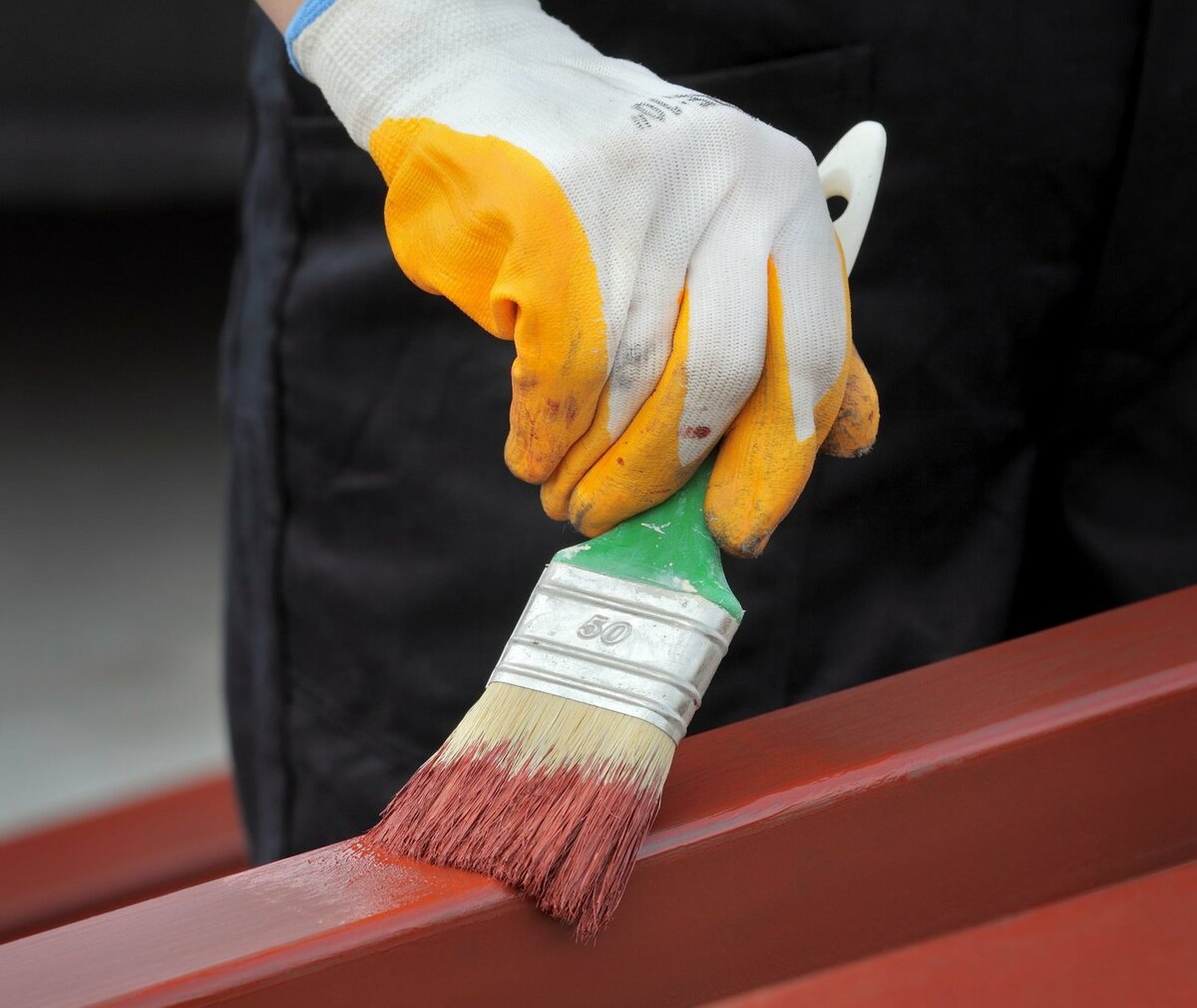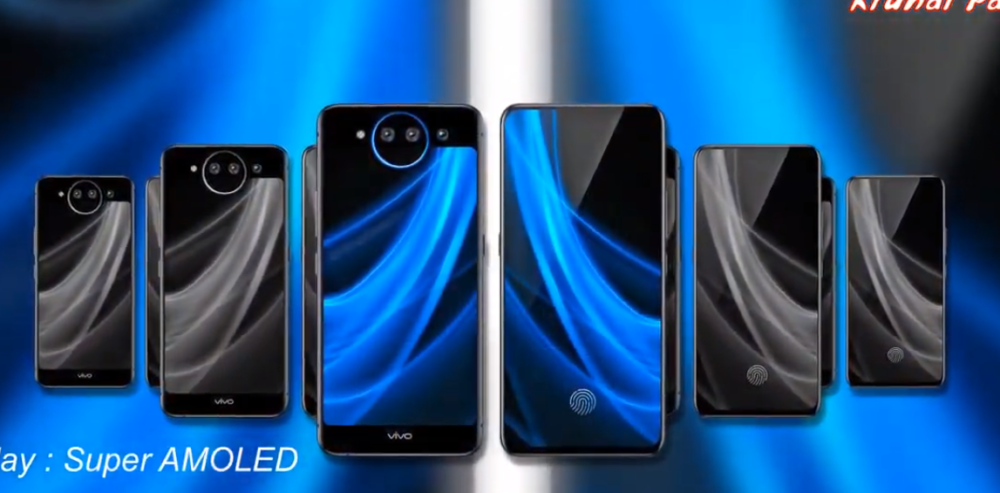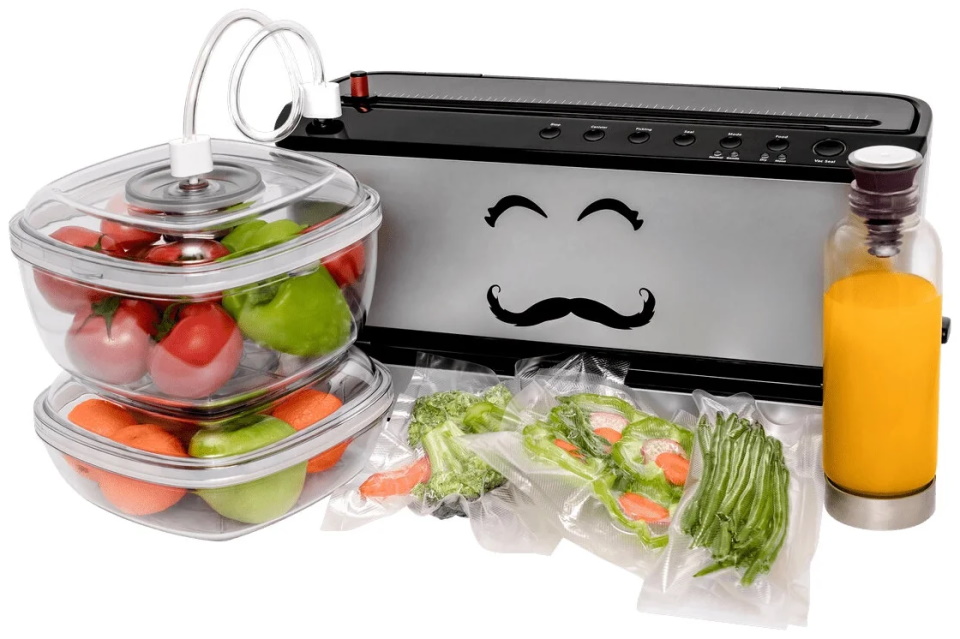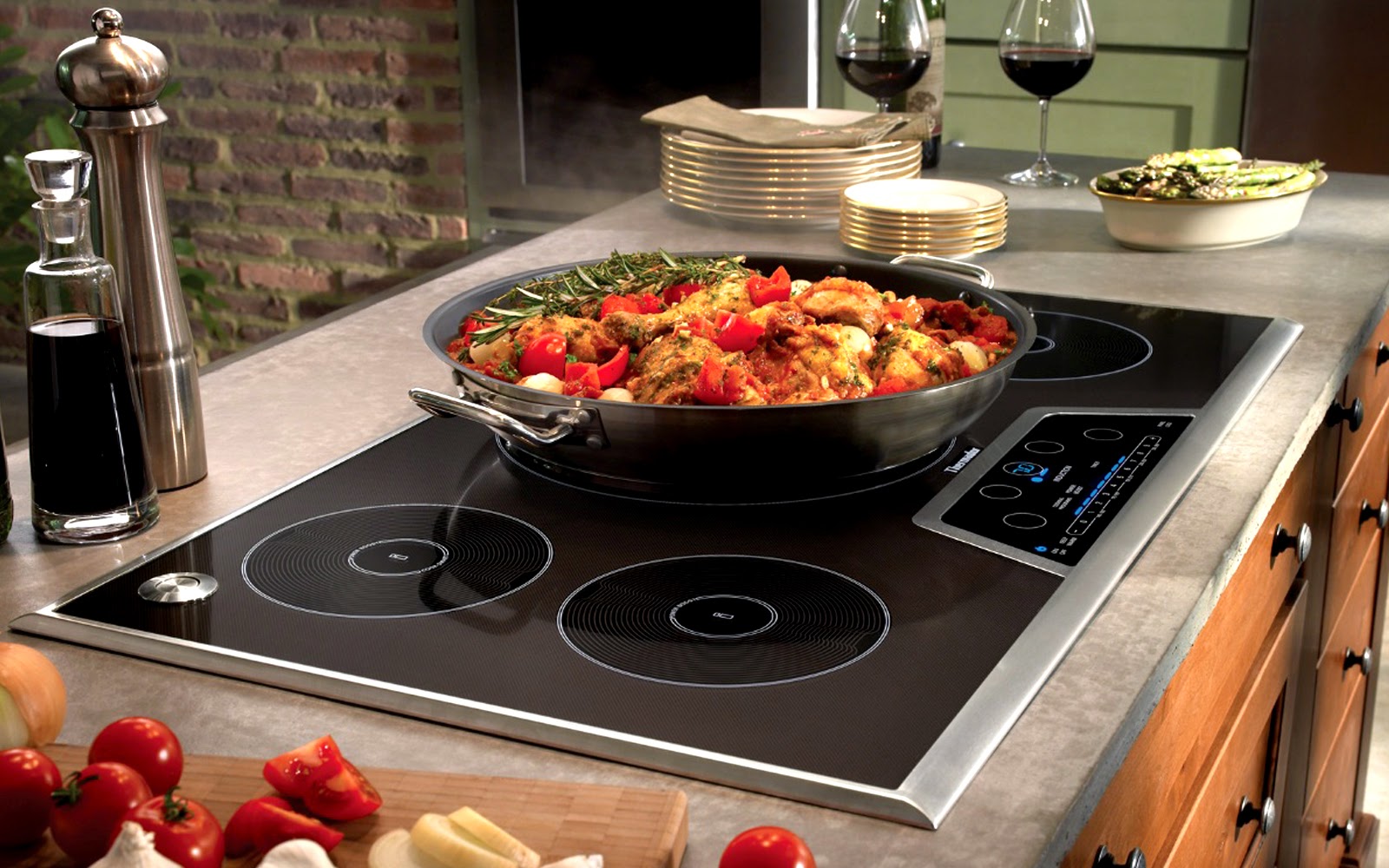Rating of the best artificial stone countertops for 2022
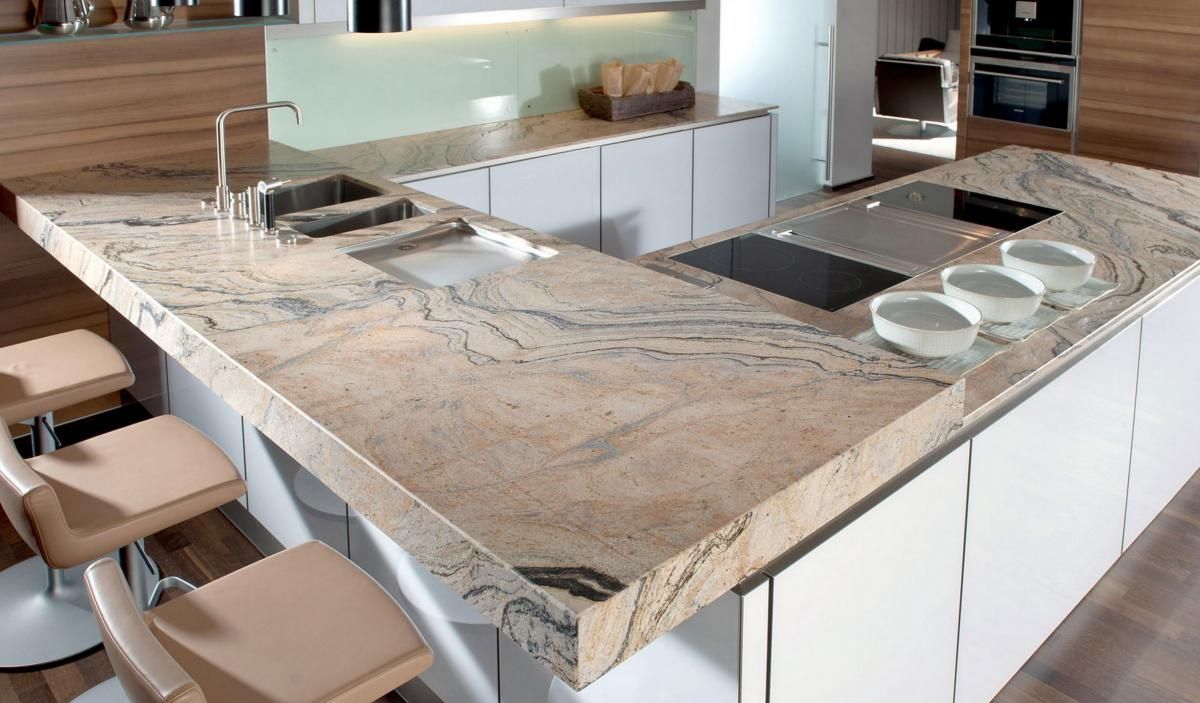
Arranging a kitchen or bathroom with an artificial stone countertop has already become a universal design solution. These countertops are practical and durable, look very attractive and can be combined with the sink. The similarity of a modern artificial stone to a natural mineral beats all limits of imagination, and the difference between these materials in price is very striking. Thus, it becomes more and more profitable to use imitation, while the consumer loses very little in terms of functionality.

Content
- 1 General information
- 2 Modern types of artificial stone imitations used for countertops
- 3 Advantages and disadvantages of artificial countertops
- 4 Variety of colors and shapes
- 5 Care instructions
- 6 Minor repair tips
- 7 Difficulties of choice
- 8 Rating of the best artificial stone countertops for 2022
- 9 Conclusion
General information
As a standard, a countertop made of natural mineral imitation is a product based on a composite material, where the latter includes the following elements:
- Acrylic resins - polymethyl methacrylate or methyl methacrylate;
- Aluminum trihydrate (the only natural component);
- Various protective fillers;
- Coloring patches.
Any composite material will have a rather high price compared to other imitations, which is due to the presence of polymethyl methacrylate in the composition. However, thanks to this element, the countertop will have special strength and will become especially resistant to mechanical shocks.
If, however, only methyl methacrylate is used in the composition of the composite, then the strength qualities of the product will decrease, but it will cost a little less.It should be noted that the presence of one or another type of resin in the composite is not visually distinguishable, therefore, such information must be taken from the accompanying documents for the product.
For the production of countertops-imitations, a special technological process is used. The addition of inclusions must be carried out in exceptionally correct proportions in relation to the bulk of the raw material, and the mixing of all components is carried out strictly in a vacuum at a certain temperature. As a result, the necessary forms are filled with the resulting homogeneous mass, where it solidifies, finally forming the finished product. For countertops, the standard thickness is usually from 2.5 centimeters.
Modern types of artificial stone imitations used for countertops
Nowadays, several main types of such material are used, which differ in their parameters and production technology.
- Acrylic.
This mixture is a tandem of one of the acrylic resins and a filler matched to it. The material is considered the most popular in the manufacture of the types of products under consideration, because it is characterized by durability, visual appeal and special uniqueness.
- Polyester.
Here, an artificial mineral is made on the basis of polyester resins. It, unlike acrylic samples, is less elastic, does not bend well, but costs a little less, therefore it has also gained well-deserved popularity.
- quartz agglomerates.
Such models of covering furniture modules consist of 93% natural quartz. However, the remaining 7% are coloring pigments, therefore, in the full sense of the word, such a stone cannot be called “natural”.These agglomerates are famous for being extremely resistant to interaction with various aggressive chemicals, so their surface is difficult to damage.
- Cast marble.
This is the name of one of the variations of liquid stone. It can also imitate concrete and granite. Due to its complete synthetic nature, products made from it (at first) can exude a characteristic odor.
Advantages and disadvantages of artificial countertops
Products made from such a material are considered almost ideal for kitchen work surfaces. Their undoubted advantages include:
- Increased strength - models show resistance even to increased mechanical damage. They easily withstand impacts, for example, when chopping meat, which can be done directly on the surface without using pallets. There will be no scratches, no chips, no cracks, no traces of the blade on the tabletop. The product can easily withstand high loads, however, it is not recommended to abuse such qualities too much (i.e. cutting a carcass with an ax is still unacceptable).
- Hygiene - unlike natural stone, synthetic stone is completely free of micropores. Accordingly, due to this anti-hygroscopic property, there is no possibility for the spread of microbes in the body of the table. This quality has a beneficial effect on the appearance of the surface itself. For example, not a single liquid, even the brightest color, will be absorbed into the surface. In addition, it is precisely the absence of micropores that makes it possible to integrate sinks directly into such canvases, whose bowl and walls are also made of artificial stone.
- Maintainability - composite modules can be restored at the most minimal cost.Most manufacturers either offer these services themselves or offer an extended warranty period. Even simple grinding and replacement of individual sections will easily put the damaged module in order, leaving no trace of the repair.
- Plasticity - during manufacture, due to exposure to high temperature, the material acquires a viscous consistency, and it is possible to give it any shape. Using this property, the final module can get the most original design solutions.
- Connection without seams - due to the thermal formation of the product, even a model of very large dimensions can be made, and it will be completely monolithic. The absence of seams has a positive effect on the overall appearance of the object, while reducing the number of hard-to-clean spaces. Even if it is not possible to install a monolithic canvas, it is easy to glue it in parts using a standard two-component acrylic adhesive for this. At the end of gluing, you can simply grind the junction with high quality and there will simply be no traces left.
- Reduced thermal conductivity - unlike natural stone, in artificial stone, the surface temperature very quickly reaches room temperature.
Among the shortcomings, the following can be distinguished:
- Low durability - no matter how durable the imitation material is, it will never be compared in durability with the natural counterpart;
- Somewhat underestimated status - if the issue of prestige is extremely important for the consumer, then imitation is not his choice. Artificial countertops are very easy to distinguish from natural ones, especially up close and with tactile contact. Naturally, cheap fake material will lower the status of its owner.
Variety of colors and shapes
Composite countertops are available in a variety of colors. In the manufacture, using a special production technology, it is possible to give the surface a specific pattern and shade. A lot of pigments for inclusions will help to create a completely unique fittings. Thus, it is possible to emphasize the style of the kitchen or bathroom in order to fit into the overall interior design as much as possible.
Popular Shapes
- Square.
This form is the easiest to manufacture and is best suited for dining areas and corner tables. The correct geometry and external attractiveness will give such a kitchen module the greatest functionality.
- Rectangular.
Another classic shape that can easily fit into the dimensions of any home kitchen. The length of such a module will not exceed three meters, while it will be made in the form of a monolithic canvas. If more elastic pure acrylic is used for production, then the module can have a longer length. If you use quartz vinyl, then the module can be made separate, and the individual parts can be fastened with adhesive. At the same time, with the proper level of grinding of the seam distances, they can easily be made almost invisible.
- Arcuate.
This type of countertops is more often used in the restaurant business, because it is very convenient to equip bar counters with them. However, they will require the use of the most durable artificial stone, as their intensive exploitation is expected.
- Designer.
This includes various semicircular, cutout canvases, wavy, with a different number of holes in them. Their production is not serial and they are made exclusively according to individual drawings.Their distinctive elements can be all kinds of bumpers, which can play a different role - from practical to decorative.
- Semi-integrated.
These models assume the presence of some indents from the load-bearing elements of the room, for example, from the walls. With their help, it is possible to succinctly enclose some space in the room in order to highlight a certain area. They are never monolithic, so they will definitely need grinding of the connecting seams.
- Integrated.
They are products that are expressly designed for specific purposes. For example, if the module is supposed to be used in the kitchen, then you can immediately build in it both a cutting board-area and a washstand. If we are talking about a bathroom module, then it can be equipped not only with a sink, but also with special recesses for storing hygiene products - from soap to toothpaste and shampoo.
Care instructions
In order to preserve the aesthetic qualities of an artificial countertop for a long time, it is necessary to take care of its condition properly. To do this, follow a few simple recommendations:
- Cleaning should be carried out with mild detergents (preferably liquid soap), wiping the surface with progressive circular movements;
- The use of ultra-strong abrasives and aggressive chemicals containing alkali or acid is not allowed;
- After washing, the countertop should be wiped dry with a clean cloth;
- After each cooking, it is imperative to remove traces of water, food residues or dripping oil from the surface;
- It is not allowed to put strongly heated dishes directly from the stove on the surface of the canvas;
- To maintain the proper level of gloss, you need to periodically rub the surface with a special polishing paste;
- Avoid getting substances containing acetone or methylene chloride on the imitation stone;
- Old stains of fat can be removed with an ammonia solution.
Minor repair tips
To eliminate deep cracks and destruction, it is preferable to contact a specialist, but it is quite possible to deal with small scratches on your own. It is quite possible to fill them with a special solution that matches the color (if the damage has at least some depth), and for simple cuts you can get by with light grinding, which should be done with fine-grained sandpaper.
Nevertheless, complex repair manipulations can be carried out at home. These include the removal of chips or the installation of patches in places of damage of medium depth and complexity. Again, you will need to use an adhesive that would at least remotely match the color of the countertop material. For the production of such works, there are several main steps:
- First of all, you should sand the damaged area with sandpaper with a P120 grit, gradually changing the pressure and, as it were, turning the grinding into polishing;
- Next, you need to additionally polish the treated area with felt, it is advisable to use a special nozzle on a screwdriver or drill for this;
- Then you should pour a special adhesive (acrylic or polyester) into the place of destruction, wait for it to dry completely;
- The final stage will be the repetition of the first and second steps until the disappearance of traces of repair.
Difficulties of choice
When buying countertops made of artificial stone, you need to remember the following recommendations:
- Any, even the smallest, scratches stand out very well on a dark-colored acrylic stone. From this it is clear that if the buyer does not have the desire to constantly engage in repairs, and the use of the canvas involves activity above average, then the best choice would be a light color of the product with a matte surface.
- If in the future the presence of permanent contamination of the working surface is expected, then in this case you should not choose a solid color of the countertop. It is better to purchase a canvas with some inclusions and patterns that will help mask permanent dirt.
- When choosing a color, it is necessary to be guided not only by the dimensions of the room being equipped, but also by the colors of other pieces of furniture in it. It is desirable that the shades at least slightly coincide and do not cause color disharmony. For example, a dark-colored worktop is better suited for a wooden kitchen set.
- If you plan to use a massive countertop in a large space, then for such a product the best production material will be acrylic stone, and the best shape is a non-standard design shape that provides for many bends.
- If it is supposed to observe the severity of the contours, then polyester products or cast marble models will do just fine. Although they do not have special plasticity, they will be durable, and their solidity will not be compromised by any seams.
Rating of the best artificial stone countertops for 2022
Budget segment
3rd place: "PROlit" collection "Marble"
This collection is the next step after the familiar postformed countertops, which have been used for a long time in the production of furniture and interior items.Seamless kitchen models can be integrated with or without sinks. Great for offices, schools, medical facilities, private homes - this is the main scope of these products. The recommended cost for retail chains is 5500 rubles.

- Variety of colors, sizes and shapes;
- The presence of a protective fiberglass layer;
- Small amount of canvas.
- Not detected.
2nd place: “Module” black integrated”
This product can be glossy, semi-gloss and matte. Has a shade with texture under granite. It is characterized by high impact resistance - you can not be afraid to drop a cast-iron frying pan on the module. There is a degree of chemical inertness (resistance to acids, alkalis, alcohol, vinegar, etc.). The surface has no pores, which means it does not absorb dirt, water, odors, and is not subject to mold formation. Acrylic top is nicer and warmer to the touch than agglomerate or natural stone counterparts. The recommended cost for retail chains is 6500 rubles.

- Possibility of integration with a washstand;
- Ability to maintain room temperature;
- Excellent protective properties.
- Not detected.
1st place: “Designer model “Scorpio”
This model is much more cost-effective than its natural counterpart. Its application gives much more opportunities in the development of design solutions. It is characterized by durability and incredibly practical to use. Hygiene is one of the significant advantages over competing materials. As a result, this is the best choice in terms of price, quality and performance.There is no doubt that this model, installed in the kitchen, will look like new even after many years of use. The recommended cost for retail chains is 12,000 rubles.

- original design;
- Good value for money;
- Durability.
- Not detected.
Middle price segment
3rd place: "Duolit" collection "Sequins"
This sample uses an exclusive technology of liquid lamination of the surface with a polymer. Its total thickness is 25 mm, and the polymer layer is 4 mm. The technology was developed in the West and has high decorative and strength characteristics comparable to natural stone. The sample has several times less weight than other artificial analogues. The recommended cost for retail chains is 12,300 rubles.

- Solid color guaranteed for every lot;
- Sufficient thickness;
- High decorative qualities.
- Not detected.
2nd Place: Aquanet Line 120 Marmite Pernilla Countertop Washbasin
This model has a glossy and smooth finish. It has sharp corners and cast edges (flange) 42 mm thick. The working thickness is 29 mm. The surface hardness according to Barkol is not less than 41. The temperature of the beginning of thermal deformation is not lower than 75°C. Fully resistant to household detergents. Each product is packed in a film of polyethylene foam and corrugated cardboard, which ensures complete safety during transportation. The recommended cost for retail chains is 13,730 rubles.

- Complete focus on kitchen use;
- Resistant to most cleaning products;
- Increased strength.
- Not detected.
1st Place: "Corian Collection by DuPont, kitchen linen"
This sample is made of artificial acrylic stone in sizes and rectangular shapes suitable for the average Russian apartment. An induction cooker can also be integrated into it, and not just a sink. It can be provided with roundings and bevels under the walls, or you can independently build up the sides on it. Samples from this collection are durable, look good in the interior. They do not absorb moisture, dirt, grease and odors. Do not deform. Easy to care for and durable. The recommended cost for retail chains is 23,700 rubles.

- Strength and durability;
- Possibility of integrating an induction cooker;
- Independent extension of the sides.
- Not detected.
Premium class
3rd place: "Cohort" for cast marble bathrooms"
On this beautiful, comfortable, durable and reliable model, it is even difficult to leave marks from everyday use. The production material is cast marble, which is a modern and very practical material that does not absorb moisture, dirt, is not afraid of scratches, chips and high temperatures - this material is simply created for bathrooms. A large color palette allows you to choose a sample of the desired color, and manufacturing technology allows you to mount it for a bathroom of any size. The recommended cost for retail chains is 39,300 rubles.

- Large color palette;
- Large volume of the sink bowl;
- Special strength and heat resistance.
- Not detected.
2nd place: “Cohort” for cast marble kitchens”
The material of manufacture of this product is not inferior to natural marble in its properties, it is also environmentally friendly, strong and durable. The model can be selected in accordance with the interior design of the kitchen. One of the features is the easy restoration of the surface. If the product is damaged, its surface can be repaired independently at home. Due to the absence of pores, moisture accumulation and the formation of fungi or mold in gaps and joints are excluded. The recommended cost for retail chains is 78,900 rubles.

- Excellent protective qualities;
- The presence of a cutting section;
- Complete environmental friendliness.
- High price.
1st place: "Cohort" for bars, cafes and restaurants"
The model is a fashion trend in the design of restaurant interiors. Any shades and textures of natural marble are used for production. The product is manufactured using the latest technology and has high performance characteristics. The pattern will become a key element in the setting, help to divide the space into separate zones and harmoniously complement various styles of interior decor. Given the design conceptualism and pragmatism of the most demanding consumers, this specialized canvas for a cafe or restaurant will help them to work comfortably and conveniently. The recommended cost for retail chains is 79,300 rubles.

- Innovative manufacturing technologies;
- Possibility of use for conditional division of zones;
- Modern style design.
- Overcharge.
Conclusion
When choosing the color of the countertop, you should be guided not only by the size of the room, but also by the color of other pieces of furniture, incl. kitchen set or cabinets under the sink, if we are talking about the bathroom. For example, for beige furniture facades, worktops of warm saturated colors are perfect, for black and wood-like facades, you can choose white and light tabletops. Otherwise, all variations will be limited only by the owner's own imagination.
new entries
Categories
Useful
Popular Articles
-

Top ranking of the best and cheapest scooters up to 50cc in 2022
Views: 131650 -

Rating of the best soundproofing materials for an apartment in 2022
Views: 127689 -

Rating of cheap analogues of expensive medicines for flu and colds for 2022
Views: 124518 -

The best men's sneakers in 2022
Views: 124031 -

The Best Complex Vitamins in 2022
Views: 121938 -

Top ranking of the best smartwatches 2022 - price-quality ratio
Views: 114979 -

The best paint for gray hair - top rating 2022
Views: 113394 -

Ranking of the best wood paints for interior work in 2022
Views: 110318 -

Rating of the best spinning reels in 2022
Views: 105328 -

Ranking of the best sex dolls for men for 2022
Views: 104365 -

Ranking of the best action cameras from China in 2022
Views: 102215 -

The most effective calcium preparations for adults and children in 2022
Views: 102011
